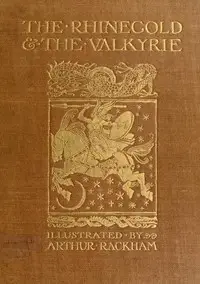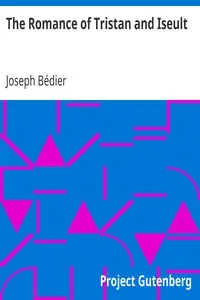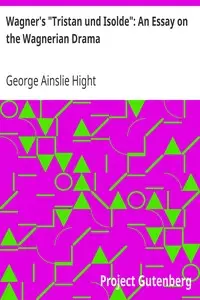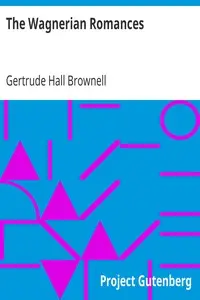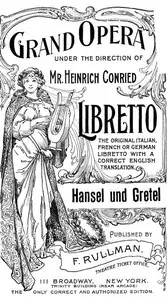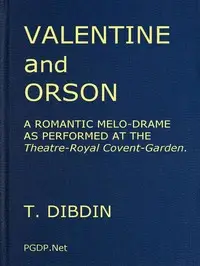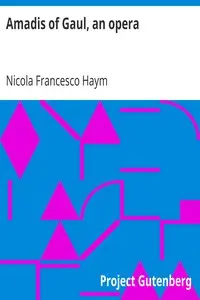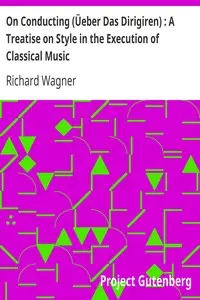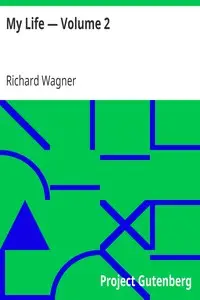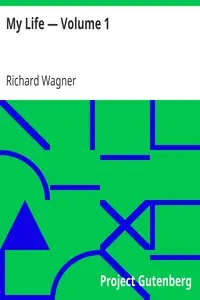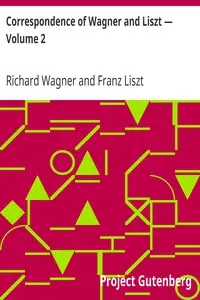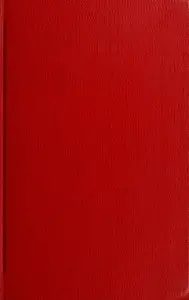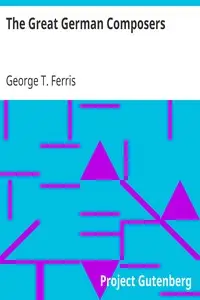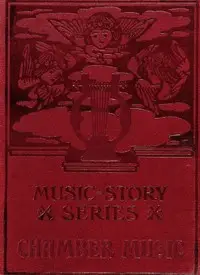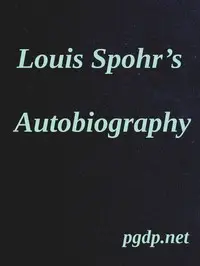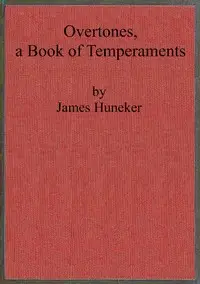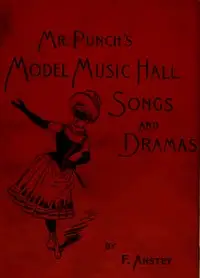"Tristan and Isolda: Opera in Three Acts" by Richard Wagner is an operatic libretto that masterfully intertwines music and storytelling to explore the doomed romance between a knight and a princess. Tasked with escorting the Irish princess Isolda to marry his uncle, King Mark, Tristan finds himself consumed by an uncontrollable passion for her. A love potion accidentally consumed by the pair sets the stage for a clandestine affair, fraught with deceit and conflicting loyalties. As Tristan and Isolda grapple with their forbidden love, their choices lead them down a path of betrayal and ultimately to a tragic finale, where their love transcends the boundaries of life itself, highlighting both the captivating and destructive power of their desires.
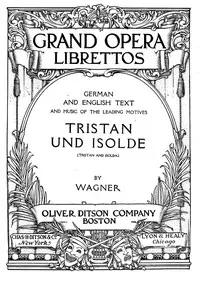
Tristan and Isolda: Opera in Three Acts
By Richard Wagner
Bound by duty but ignited by forbidden passion, a knight and a princess defy expectations, finding love and tragic despair in each other's arms.
Summary
About the AuthorWilhelm Richard Wagner was a German composer, theatre director, polemicist, and conductor who is chiefly known for his operas. Unlike most opera composers, Wagner wrote both the libretto and the music for each of his stage works. Initially establishing his reputation as a composer of works in the romantic vein of Carl Maria von Weber and Giacomo Meyerbeer, Wagner revolutionised opera through his concept of the Gesamtkunstwerk, by which he sought to synthesise the poetic, visual, musical and dramatic arts, with music subsidiary to drama. He described this vision in a series of essays published between 1849 and 1852. Wagner realised these ideas most fully in the first half of the four-opera cycle Der Ring des Nibelungen.
Wilhelm Richard Wagner was a German composer, theatre director, polemicist, and conductor who is chiefly known for his operas. Unlike most opera composers, Wagner wrote both the libretto and the music for each of his stage works. Initially establishing his reputation as a composer of works in the romantic vein of Carl Maria von Weber and Giacomo Meyerbeer, Wagner revolutionised opera through his concept of the Gesamtkunstwerk, by which he sought to synthesise the poetic, visual, musical and dramatic arts, with music subsidiary to drama. He described this vision in a series of essays published between 1849 and 1852. Wagner realised these ideas most fully in the first half of the four-opera cycle Der Ring des Nibelungen.

